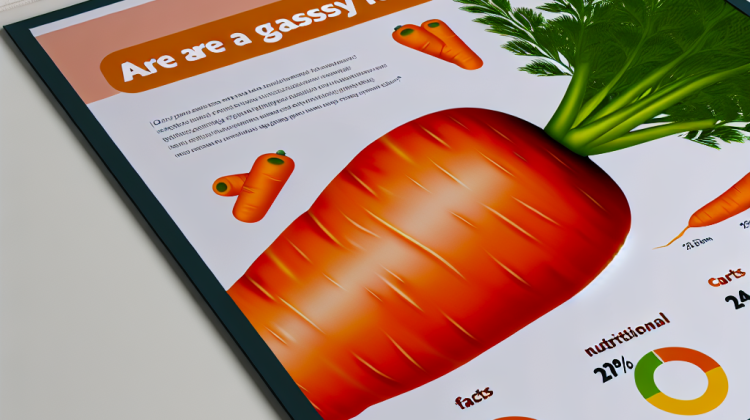
Did you know that certain style guides suggest you should capitalize numbers when they’re used as the first word in a sentence? That means if you say “Twenty-five cats ran up the tree,” you’d actually start the sentence with a capital letter! It’s a little rule that can trip people up, especially when it comes to writing about stats and facts.
Back in the day, when people started writing reports and research papers, they had to figure out how to present all those pesky numbers. Some folks thought every number should be treated like a name and be capitalized, while others disagreed. Now, most writing guidelines prefer spelling out numbers under ten, like “three” and “seven,” but they only capitalize them if they’re at the start of a sentence. Isn’t that interesting?
You might wonder why this even matters. Well, think about it! When you’re reading a book, a newspaper, or even a school report, you want everything to look neat and tidy. If everyone followed the same rules, reading would be much easier. For instance, did you know that only about 20% of people actually remember the statistics they read? But if things are organized and clear, like properly placing numbers and capitalization, it helps them remember better!
Imagine if you’re writing a story about the school science fair, and you say, “Five projects were displayed.” If you were to start with “Five” at the beginning of your sentence, you’d definitely capitalize it! But if you’re in the middle of a sentence, it’s just “five projects.” It’s like giving a special boost to that number whenever it’s at the start. Keeping track of when to capitalize the word “statistics” or any number can really help your writing shine, making sure your readers understand everything at a glance.
Should Statistics Be Capitalized?
When it comes to writing about statistics, it’s important to know when to capitalize those words. Generally speaking, the word “statistics” isn’t capitalized unless it’s at the beginning of a sentence or part of a specific title. So, if you’re writing about statistics in general, keep it lowercase. For example, “Statistics show that kids love pizza!”
When to Use Capitalization
Sometimes, you might see “Statistics” capitalized. It usually happens when it’s part of a course title or a specific name. Here’s a few examples:
- Statistics 101
- The Department of Statistics
- Advanced Statistics for Teachers
In these cases, “Statistics” is like a special title, just like how you capitalize the names of people or places.
Why Does It Matter?
Knowing when to capitalize helps your writing look clean and professional. If you capitalize too many words, it can be confusing. Imagine reading a book where every other word is capitalized! That’d be a real headache! Keeping your statistics lowercase, in most cases, makes for easier reading.
Common Missteps
It’s an easy mistake to make! Some people might think that since statistics seem important or fancy, they should always be capitalized. But remember, unless it’s a title or at the start of a sentence, you’re better off keeping it lowercase. It’s just how the rules work.
A Fun Fact About Statistics
Did you know that about 90% of the world’s data was created in the last two years? That’s a mind-blowing statistic right there! It shows just how important statistics are in helping us understand our ever-changing world.
“`html
Should Statistics Be Capitalized FAQ
What are statistics?
Statistics is a branch of math that deals with collecting, analyzing, and presenting data. It helps us understand things better!
Do I capitalize the word “statistics”?
Nope! You usually don’t capitalize “statistics” unless it’s the first word in a sentence or part of a title.
Are “Statistics” and “Statistical” the same?
Not really! “Statistics” refers to the data and practice, while “statistical” is an adjective describing something related to statistics.
When should I capitalize the word “statistics”?
You should capitalize “Statistics” only when it’s at the beginning of a sentence or in a title, like “Statistics 101.”
Is “Statistics” a proper noun?
Nope! “Statistics” isn’t a proper noun. It’s just a common term like “math” or “science.”
What about when I write a paper?
In most cases, just stick to lowercase for “statistics” unless you’re using it in a specific title or headline.
Should “Statistics” be capitalized in a resume?
If it’s part of a section title, then yes! But in normal sentences, keep it lowercase.
Are there exceptions to the rules of capitalization?
Yes, sometimes style guides have different rules. Always check the specific guidelines you’re following!
If I’m quoting someone, do I capitalize “statistics”?
Only capitalize “statistics” if it’s at the start of the quote or in a title. Otherwise, keep it lowercase!
What’s the best way to remember capitalization rules?
Just think of “statistics” as a regular word. When in doubt, try saying it aloud—if it sounds funny capitalized, it likely shouldn’t be!
“`
Conclusion
To wrap it all up, the question of whether to capitalize “statistics” really boils down to how we’re using it. If “statistics” kicks off a sentence or is part of a title, then sure, go ahead and capitalize it! That’s just the way it works in English. But when it’s nestled in the middle of a sentence, lowercase is the way to go. It’s kind of like how we treat other nouns. Just remember, the rules of writing help make our ideas clear and easy to read.
So, next time you’re writing and you stumble upon “statistics,” think about where it sits in your sentence. If it’s leading the way, give it a capital letter; if it’s just hanging out in the middle, keep it lowercase. By following these simple tips, you’ll be on your way to writing like a pro! In the end, it’s all about making our words shine and being understood. Keeping it straightforward is key, and a little lowercase here and there can really help keep things flowin’ smooth. Happy writing!
